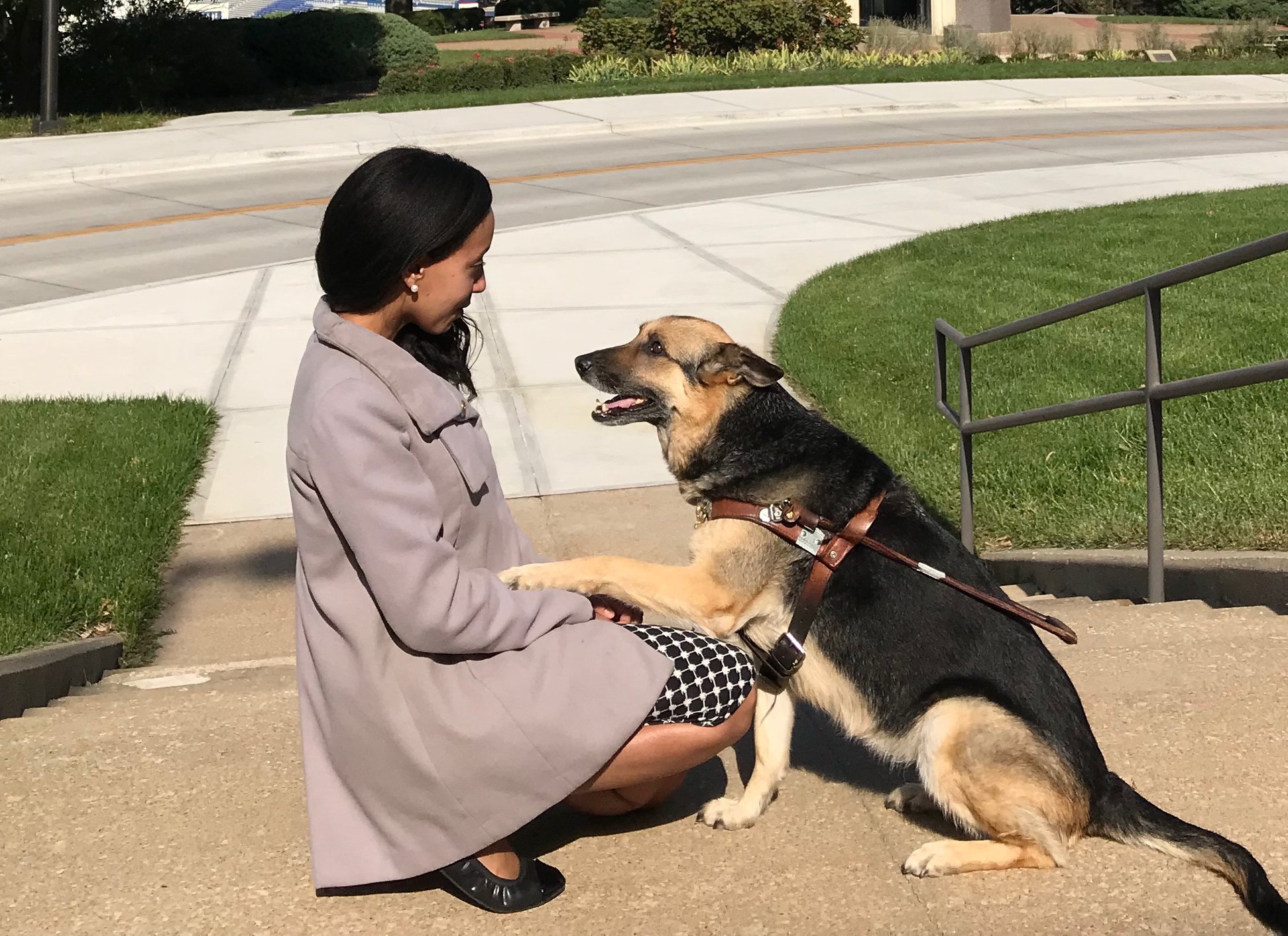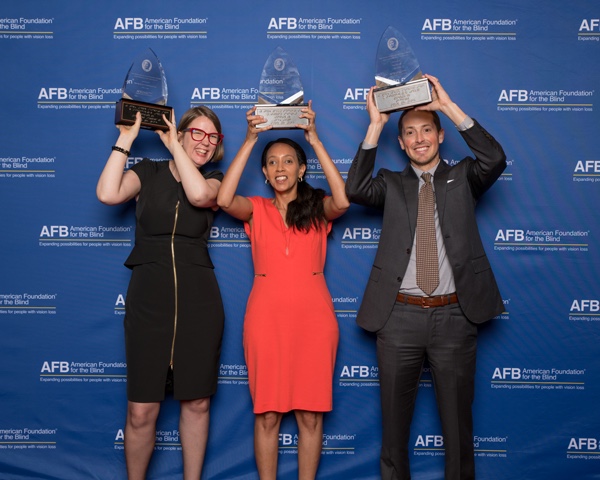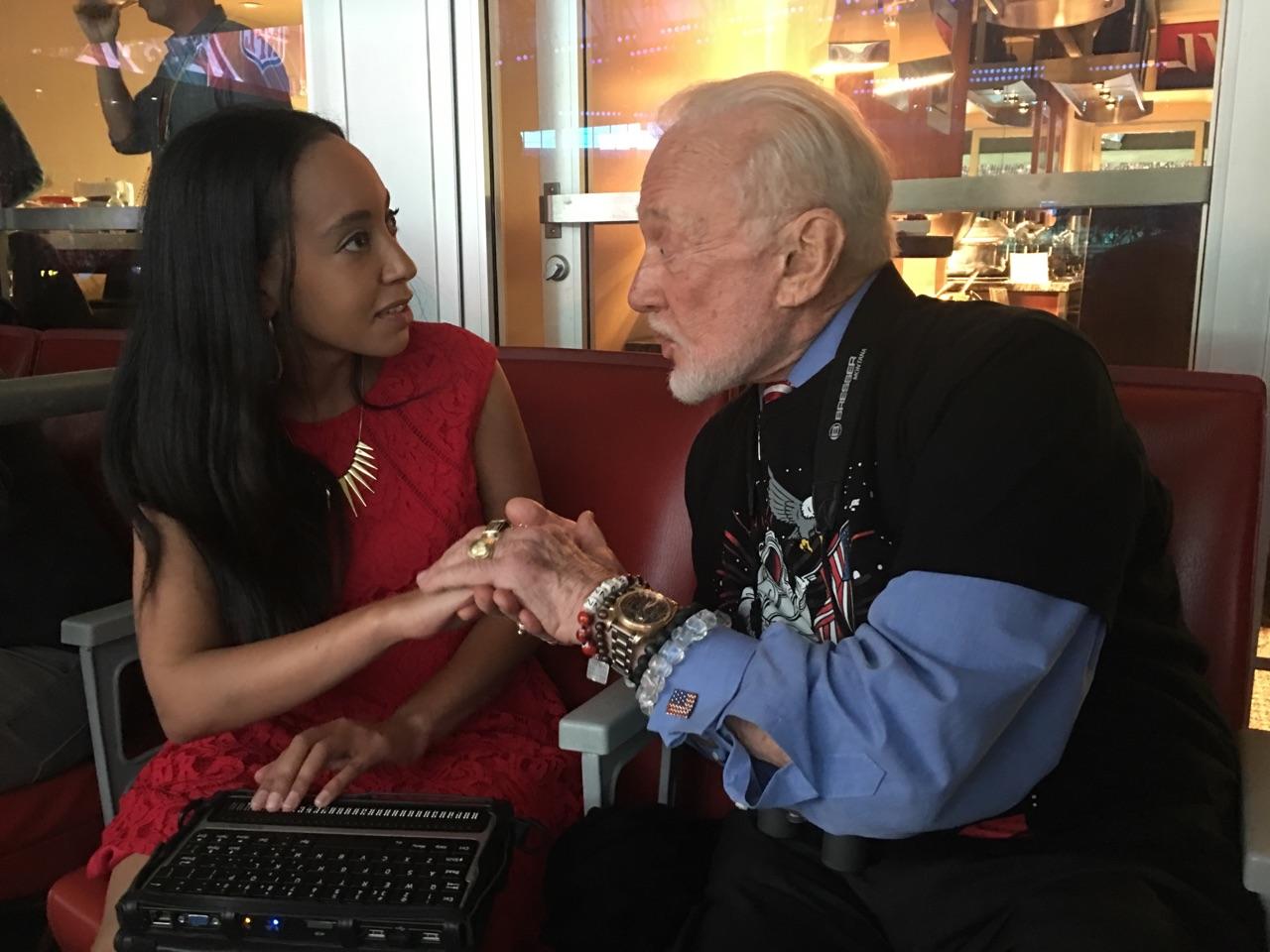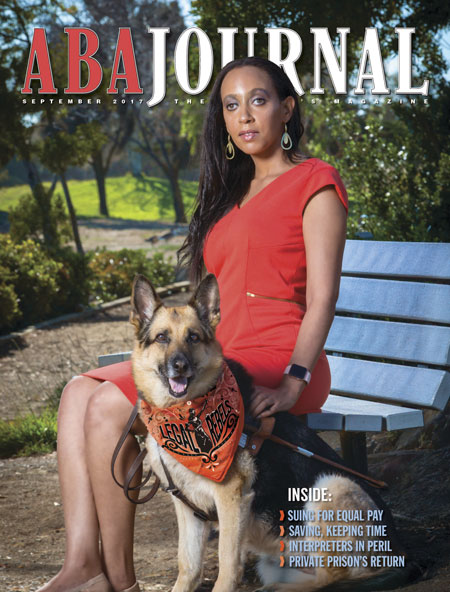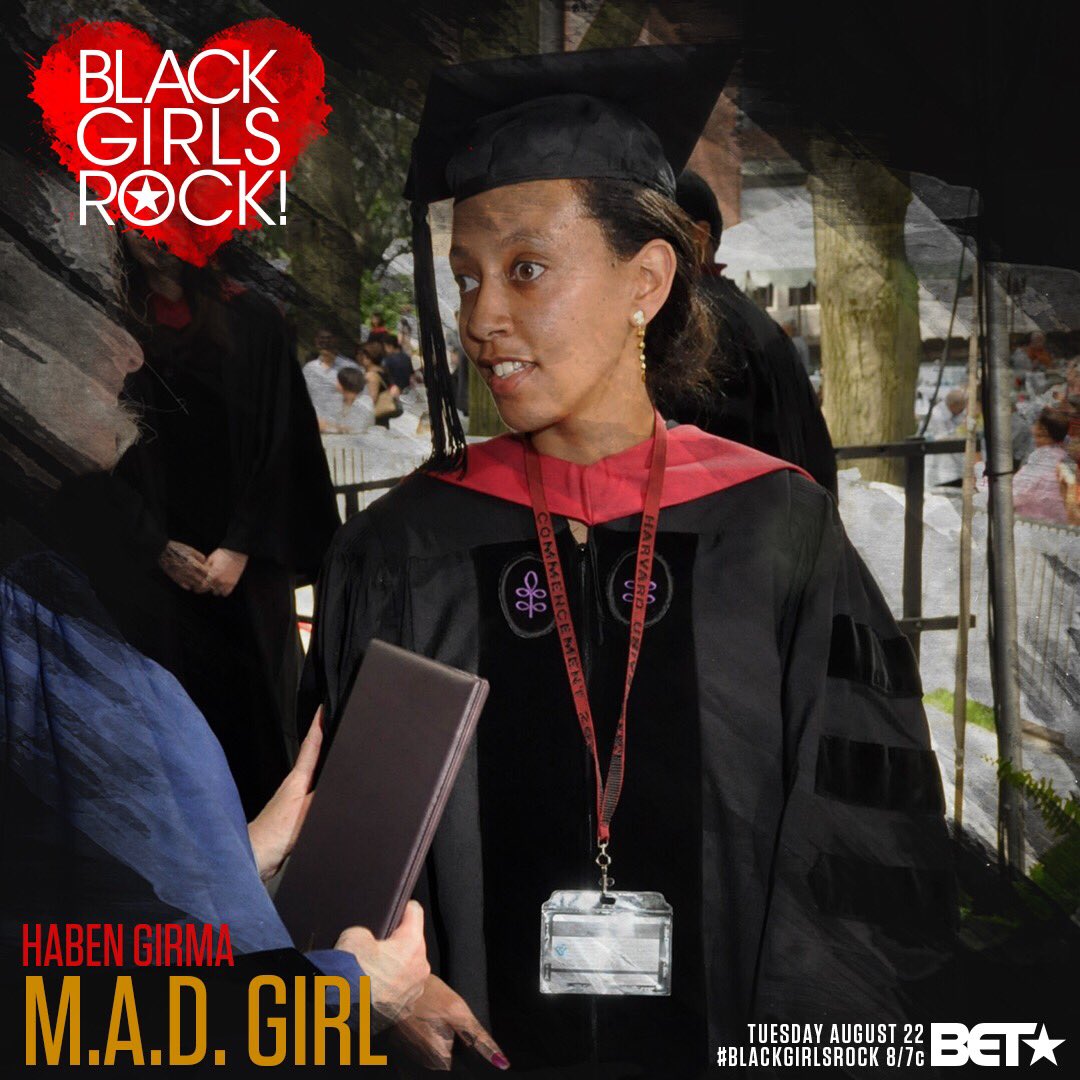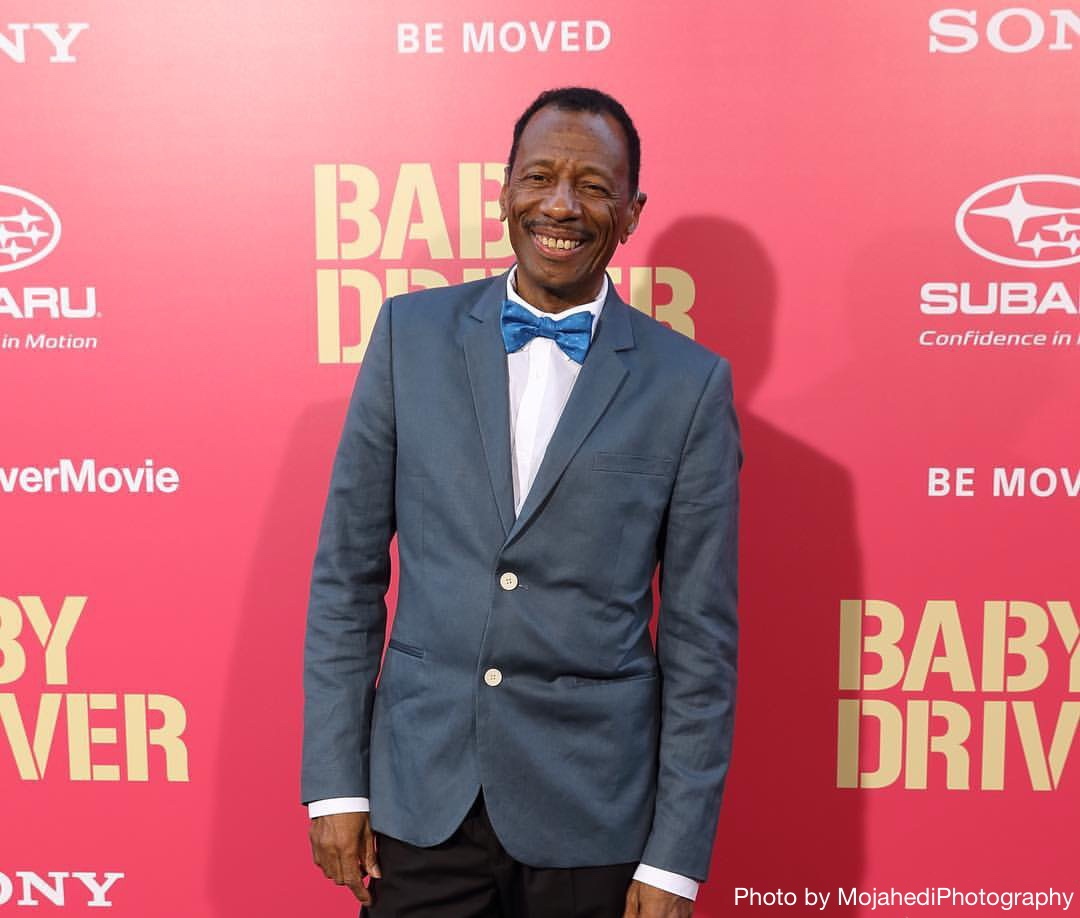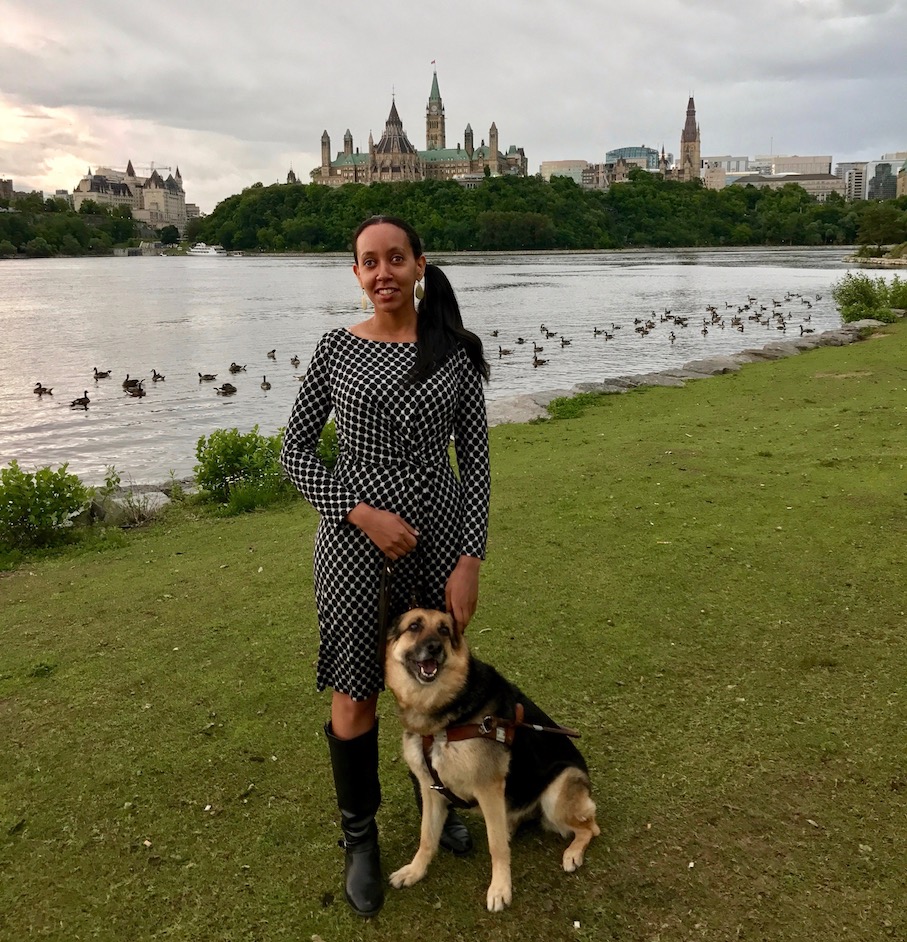My deafblindness can be isolating, so I actively develop ways to connect with people. One solution is to offer people a keyboard paired with my braille computer, and as they type I’m able to easily read their words in braille. But what if a person who wants to talk to me has dyslexia?
During the Q&A after my keynote at The Shine in Los Angeles, a young man came on stage to ask me how I connect with people. The video above captures that fun conversation, including an audience laughing at our playful banter.
